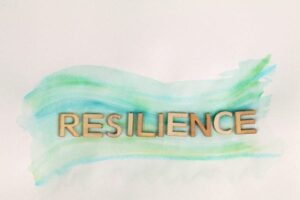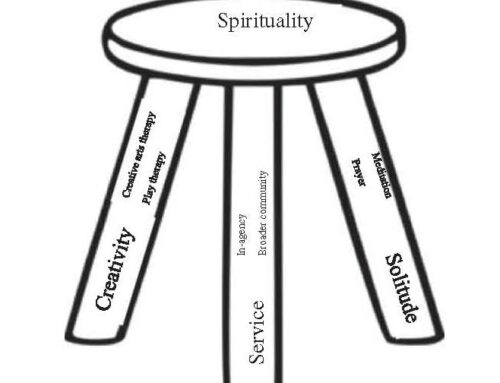 Everyone faces hardship at some point. Life is difficult, and people struggle. It’s how everyone handles those challenges that makes a difference.
Everyone faces hardship at some point. Life is difficult, and people struggle. It’s how everyone handles those challenges that makes a difference.
While everyone has to deal with struggles, people who are recovering from substance abuse disorders and addiction may take the cake. Recovery can be one of the most difficult things someone has to go through in a lifetime.
Active, long-term recovery is about making choices every single day while fighting against extreme temptation, triggers, and your own past.
It’s no wonder why relapsing is so common for recovering addicts.
It’s also no surprise that resilience is incredibly important. Resiliency is a crucial trait for anyone who has to deal with challenges in life. But, for someone recovering from an addiction, it’s also one key to getting through it, especially when things get hard.
So, what is the real role of resilience in addiction recovery? Why is it such a crucial component?
What is Resiliency?
 Resiliency describes the ability to bounce back. It’s the way you stand up again and again after being knocked down.
Resiliency describes the ability to bounce back. It’s the way you stand up again and again after being knocked down.
In addiction recovery, showing resiliency might mean getting back on track after having a relapse. It doesn’t mean you ignore what happened. In fact, resilient people tend to accept reality. They choose to learn from it, rather than try to hide it.
So, don’t consider a relapse or caving into a trigger a “failure”. Considering it a learning experience and an opportunity to grow. That’s one of the first ways resiliency can play an active role in addiction recovery. You can use your own past experiences (even the negative ones) as a guide for the future.
How else does resiliency affect your recovery?
Resiliency Allows You to Adapt
No one wants to experience struggles in life. When you’ve worked so hard to overcome an addiction, the last thing you want to deal with is a relapse or anything that could cause you to stumble.
For some people, relapses never happen. But, it’s okay to accept the fact that they might. It’s okay to accept that you’ll face challenges. Resiliency will allow you to adapt to those challenges and make the right kinds of changes moving forward. Adaptability and flexibility are crucial components in addiction recovery, and resiliency allows you to put them into practice.
How to Be More Resilient
 Some people are naturally more resilient than others. If you’ve struggled with addiction in the past, you also might struggle with building up your resiliency once again. Thankfully, there are several ways to do it. In the process, you might also find that you’ll boost your confidence, self-esteem, and sense of self-worth.
Some people are naturally more resilient than others. If you’ve struggled with addiction in the past, you also might struggle with building up your resiliency once again. Thankfully, there are several ways to do it. In the process, you might also find that you’ll boost your confidence, self-esteem, and sense of self-worth.
One of the best things you can do to be more resilient is to practice self-care. It’s more than just a buzzword, it’s a necessity. Take time every day to do something you enjoy. It should be something that reduces your stress levels and allows you to stay focused on the present.
It’s also a good idea to have a support group that will help to boost your resiliency. Even when you aren’t feeling strong on your own, family members, friends, or even other recovering addicts going through the same thing can help you through it. Resiliency doesn’t have to mean dealing with everything on your own. It’s the mental will to get back up again, even if it requires help.
You already know how much addiction can knock you down. Relapsing or struggling to recover is just as difficult. That’s why the role of resilience in addiction recovery is such a major one and something you should focus on building up as much as possible throughout your recovery journey. If you are ready to learn more, feel free to contact me to schedule a complimentary consultation call. You can also learn more about treatment for addiction recovery here.





